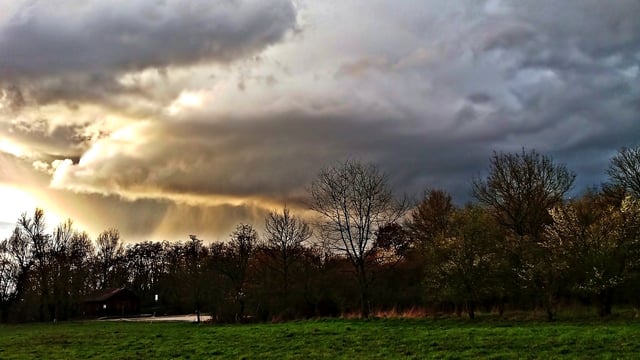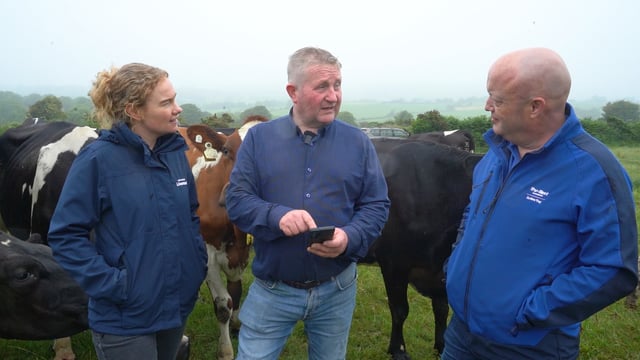Report: Irish people have high awareness of climate change
A new report from the Department of the Environment, Climate and Communications (DECC) reveals that Irish people have a high awareness of climate change.
However the report also reveals that there is a gap between intention and action.
The report, ‘Climate Conversations 2023 – From Individual Action to Collective Engagement’, builds on the Environmental Protection Agency's (EPA) ‘Climate Change in the Irish Mind’ study.
It highlights that while awareness of climate change is high, a sense of urgency and understanding of individual impact remains a challenge.
The report also highlights the barriers people experience in taking climate action, providing valuable insights into the “attitude behaviour gap” that can help shape climate policy and public engagement that speaks to people directly.
The report involved consultations with citizens, stakeholders (including the community and voluntary sector, environmental NGOs, educational establishments, business representatives, state agencies, public participation networks and policy makers), and youth.
The DECC said that the report identifies the importance of a just transition across all sectors in order to ensure that the response to the climate challenge is equitable and inclusive.
It outlines where people and communities across Ireland are taking climate action, and also where people lack information, knowledge, resources, or capacity to do so.
It shows that climate-friendly actions are on the rise, with a majority of those responding saying that they are starting to use public transport more often or are trying to manage their energy use better in their homes.
The report also shows that most people intend to do more, like moving to an electric vehicle (EV) or investing in solar panels.
These intentions indicate a readiness for larger climate actions, the department has said, however, the study also shows that people are worried about the cost and range of EVs, the payback on solar, and don’t know where to start on their retrofitting journey.
People are not clear as to what actions have the biggest impacts, e.g., people do not recognise that driving an EV is one of the best ways to reduce impact on the environment, according to teh DECC.
The report also highlights habits that are harder to change, and the main reasons for this is inertia.
For instance, many are reluctant to live car-free and are sceptical about the value of adoption of heat pumps, and many men in particular cannot see themselves eating a diet with less meat.
Another finding is that activities that seem to be 'Dublin-centric' can alienate people in more regional and rural areas.
Across the generations, young people identify with the freedom to take flights and struggle with the idea of flying less, and older people identify with traditional forms of heating and can struggle with the concept of warmer homes without such things as an open fire.
However, the report also shows that climate action and real changes are happening through community actions across Ireland. This has inspired the delivery of a new Climate Actions Work initiative.
The Minister for the Environment, Climate and Communications, Eamon Ryan welcomed the report saying:
“This report highlights the crucial role people and communities are already playing in driving climate action. There are green shoots throughout the country.
"You only have to travel around the country to see the number of solar panels going up on roofs every week to see that people will enthusiastically adopt to new greener ways, particularly if they see the benefit for them and their community.
“It also gives us a clear insight into what we have to do to connect with people in a better way, to bring people with us as we make this transition to warmer homes, better communities, green jobs and agriculture.
"If there’s one really salient issue from this report it’s that every aspect of climate action must be viewed through a just transition lens. If we don’t have a fair transition, it won’t be fast, and if we don’t have a fast transition it won’t be fair for anyone," he added.
Hometree's Illaun Farm Forest Project trialled a new approach to engaging Irish farmers in woodland creation, which the DECC has said is crucial for meeting Ireland's climate targets.
Given that farmers own most of Ireland's land, they are essential in this effort, according to teh department.
The project, part of a European Innovation Partnership (EIP) programme, involved farm-level engagement, objective advice and community participation.
Despite historical challenges with forestry licensing and payments, the project successfully planted over 100ac of forestry, with each participating farmer creating a small (3,000 trees) and a large woodland (up to 30,000 trees).





